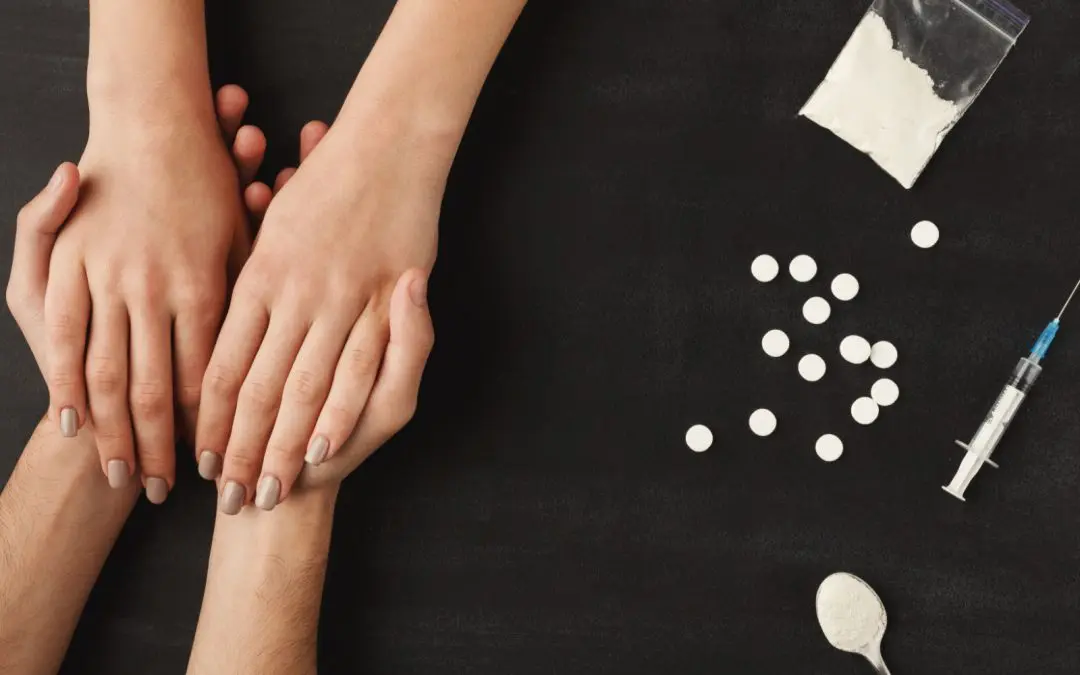24/7 Helpline:
(866) 899-221924/7 Helpline:
(866) 899-2219
Learn more about Medication-assisted Treatment centers in Honea Path
Medication-assisted Treatment in Other Cities

Other Insurance Options

Highmark

Kaiser Permanente

Lucent

Amerigroup

Optum

Aetna

UnitedHealth Group

Carleon

Sliding scale payment assistance

Evernorth

Meritain

BlueCross

UMR

PHCS Network

Holman Group

MVP Healthcare

Optima

Medical Mutual of Ohio

Access to Recovery (ATR) Voucher

Molina Healthcare














